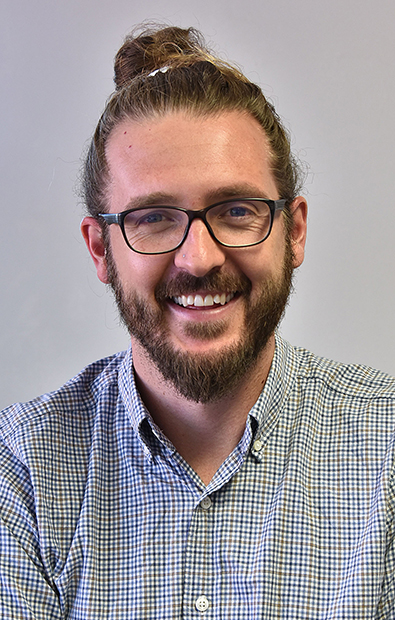Latest News Archive
Please select Category, Year, and then Month to display items
27 October 2025
|
Story Sefako Mokhosoa
|
Photo Supplied
 Ten Grade 12 learners from Mampoi Secondary School in Phuthaditjhaba.
Ten Grade 12 learners from Mampoi Secondary School in Phuthaditjhaba.
On 1 October 2025, the Projects and Innovation Directorate in the Faculty of Education at the University of the Free State (UFS) proudly hosted a certificate ceremony to honour ten Grade 12 learners from Mampoi Secondary School in Phuthaditjhaba on the Qwaqwa Campus. These learners completed a Skills Development Initiative and Workshop Series focused on digital literacy and ICT skills – a programme designed to equip rural youth with the tools they need to thrive in a digital world.
The initiative, which ran from May to August 2025, was made possible through a strategic partnership with BANKSETA to bridge the digital divide in rural communities. The learners received hands-on training in essential digital tools. Each learner also received a tablet to support continued learning and personal growth beyond the classroom.
The Director of the office in the Faculty of Education, Dr Kwazi Magwenzi, stressed that digital skills promote independence and self-directed learning. “Grade 12 is a time when learners should manage their studies, meet deadlines, and explore their options,” she said. “Digital fluency supports that autonomy. It enables learners to use online research, interactive tools, e-learning, and collaboration platforms to make learning more effective, flexible, and aligned with their pace and style. In Grade 12, where the stakes are high – with exams, tertiary entrance, and career choices – this ability helps learners become more self-directed, confident, and equipped.”
The programme not only built learners’ confidence in using ICT tools for learning and communication but also prepared them for the technologically driven environments they will encounter in institutions of higher learning.
Beyond developing digital skills, the project offered learners valuable exposure to the university environment, as their training took place on campus. Inspired by the success of this pilot, the Faculty of Education now aims to expand the initiative to reach more schools and learners across the region. The vision is to scale up access to digital education and empower more young people in rural areas with the skills necessary for academic and professional success.
This ceremony marked the conclusion of a successful training programme and the beginning of a long-term commitment to digital empowerment and lifelong learning in rural communities.
Newton Fellow at UFS focuses on land and labour
2017-10-28

Dr Rory Pilossof
Photo: Charl Devenish
Dr Rory Pilossof is a senior lecturer in economics at the University of the Free State (UFS), a Postdoctoral Fellow at the International Studies Group at UFS, and a Research Fellow at the University of Kent in the UK.
He became interested in his research field when he studied land reform and land issues in Zimbabwe for his PhD at the University of Sheffield. From there, his research interests have expanded to look at other issues connected to land, such as whiteness and labour.
Dr Pilossof's study field links up with the important issue of land reform in Southern Africa due to its past colonialism and post-colonial politics of land and land ownership. These intersect with a wide range of labour issues that are pressing in the region. He has a keen interest in elite transitions and changes in economic structure in Southern Africa since the 1960s.
Dr Pilossof was nominated to the South African Young Academy of Science in 2017, and received an NRF Y1 rating during 2017. He is also a member of the Amsterdam-based International Institute for Social History’s ‘Global Collaboratory on the History of Labour Relations’. He is a participant in the Leverhulme Trust-funded initiative ‘Comparative History of Political Engagement in Western and African Societies Programme’ at the University of Sheffield.
Dr Pilossof's primary research focuses on issues of land, labour and changing social and economic structures in Zimbabwe and South Africa. He is also interested in finding alternative ways of looking at change. To this end, he has studied various newspapers and periodicals in the region.
Currently, he spends most of his research time as part of a three-year British Academy-funded Advanced Newton Fellowship into labour relations and occupational structures. In future, he wants to expand his research in the labour field by looking at labour and migration in the region over the course of the 20th century.